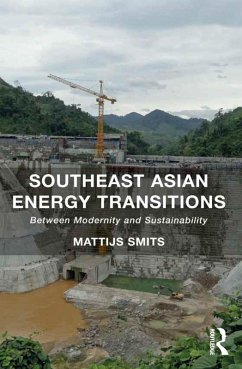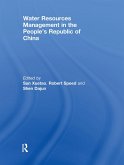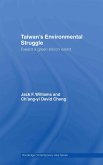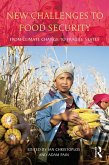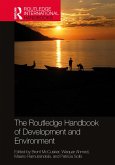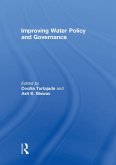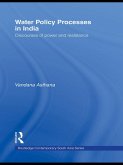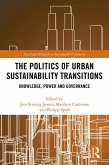Addressing the apparent tensions between modernity and sustainability in Southeast Asia, this book offers novel insights into the global challenge of moving towards a low-carbon energy system. With an original and accessible take on social theory related to energy transitions, modernity and sustainability, Mattijs Smits argues for a reinvigorated geography of energy. He also challenges universalistic and linear assumptions about energy transitions and makes the case for 'energy trajectories', stressing embeddedness, contingency and connections between scales.
Dieser Download kann aus rechtlichen Gründen nur mit Rechnungsadresse in A, B, BG, CY, CZ, D, DK, EW, E, FIN, F, GR, HR, H, IRL, I, LT, L, LR, M, NL, PL, P, R, S, SLO, SK ausgeliefert werden.

